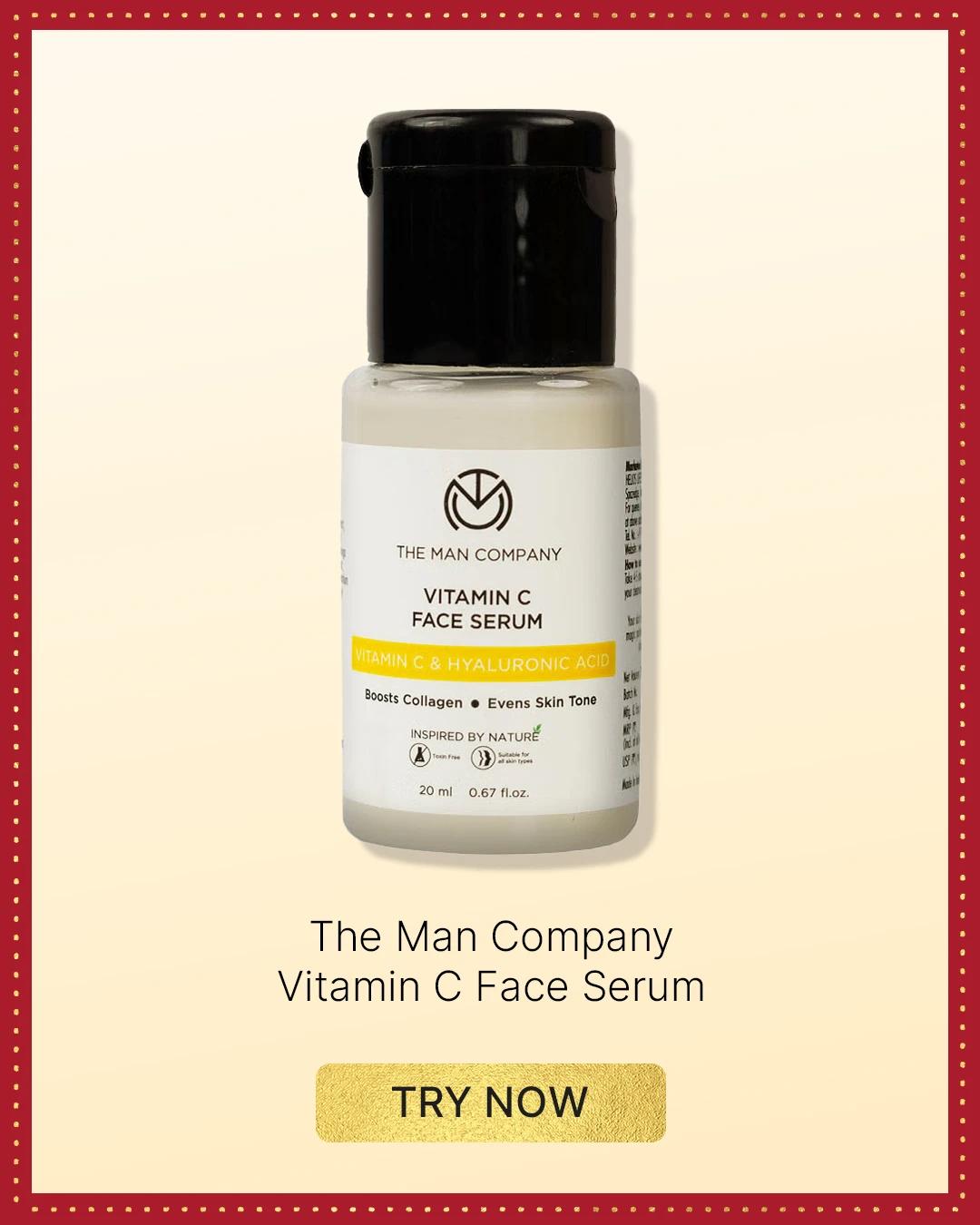Can I use vitamin C serum every day?
Yes, most people can use vitamin C serum daily once their skin has adjusted. Start with every other day for the first week, then gradually increase to daily use. Always listen to your skin—if it feels irritated, scale back.
How long does it take to see results from a vitamin C serum?
You might notice brighter skin within 2-4 weeks, but significant changes in hyperpigmentation and fine lines typically take 8-12 weeks of consistent use. Patience is key with skincare.
Can I use vitamin C serum with other active ingredients?
Absolutely, but timing matters. Use vitamin C in the morning and save retinol for evening. You can use niacinamide and hyaluronic acid with vitamin C without issues.
Is a higher concentration of vitamin C always better?
Not necessarily. Concentrations between 10-20% are most effective for most people. Higher doesn't always mean better—it often just means more potential for irritation.
How should I store my vitamin C serum?
Keep it in a cool, dark place away from direct sunlight. The fridge is actually perfect for storage, and it'll help extend the serum's shelf life and potency.
Key Takeaways
Finding the best vitamin C serum doesn't have to be complicated when you know what to look for. Focus on these seven must-haves: optimal concentration (10-20%), stable form of vitamin C, complementary ingredients, proper packaging, suitable pH, gentle formulation, and good texture.
Remember, the most expensive serum isn't always the best one for your skin. It's all about finding what works for your specific needs and skin type. Start slow, be consistent, and give your skin time to adjust. Your future self will thank you for taking the time to choose wisely.
